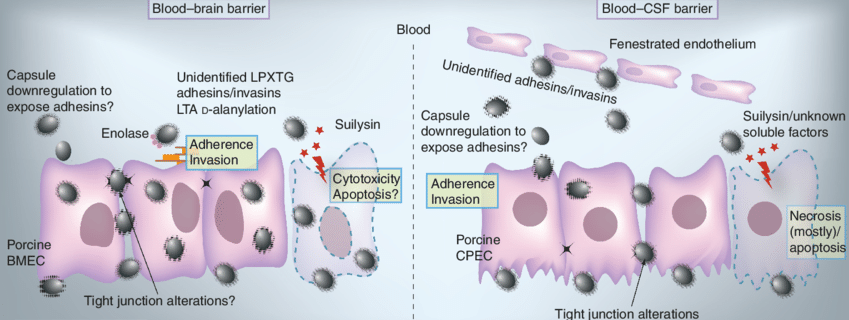The Central Nervous System Blood-Brain Barrier (CNS BBB) Library is a specialized collection of compounds that are designed and curated specifically to target the blood-brain barrier and exhibit enhanced penetration into the central nervous system (CNS). This library is focused on developing novel drug candidates for the treatment of neurological disorders and diseases.
One of the key characteristics of the CNS BBB Library is its high chemical diversity. It encompasses a wide range of structurally diverse compounds, including small molecules, peptides, and bioactive fragments. This diverse collection allows researchers to explore a broad chemical space and discover new hits with unique mechanisms of action.
What sets the CNS BBB Library apart is the emphasis on the novelty of the chemical structures. The compounds in this library are not only diverse but also possess structures that are distinct from known CNS-active drugs. This novelty helps researchers overcome the challenges associated with developing drugs that can cross the blood-brain barrier and effectively target the CNS.
Designing compounds with novel structures is essential because the blood-brain barrier is a highly selective barrier that restricts the entry of most molecules into the brain. This challenge necessitates the development of innovative chemical entities that can penetrate and interact with the CNS effectively.
The CNS BBB Library is utilized in high-throughput screening campaigns to identify lead compounds that have the potential to cross the blood-brain barrier and exhibit activity against various CNS-related targets. These screening efforts are often supported by computational approaches, such as molecular docking and virtual screening, that aid in predicting the potential of compounds to interact with the blood-brain barrier and CNS targets.
By exploring the high chemical diversity and novelty of structures offered by the CNS BBB Library, researchers have the opportunity to discover promising drug candidates that have the potential to address unmet medical needs in neurological disorders, such as Alzheimer’s disease, Parkinson’s disease, and epilepsy. The library serves as a valuable resource for drug discovery efforts aimed at tackling CNS-related challenges and advancing therapeutic interventions for these complex conditions.



